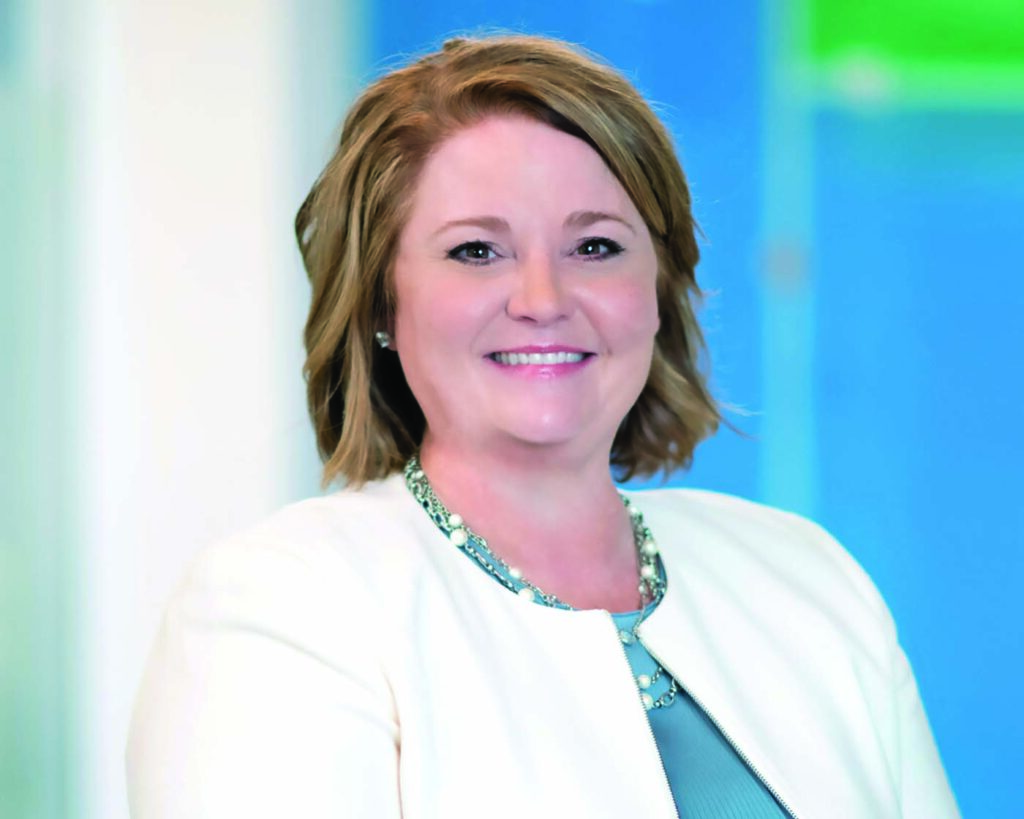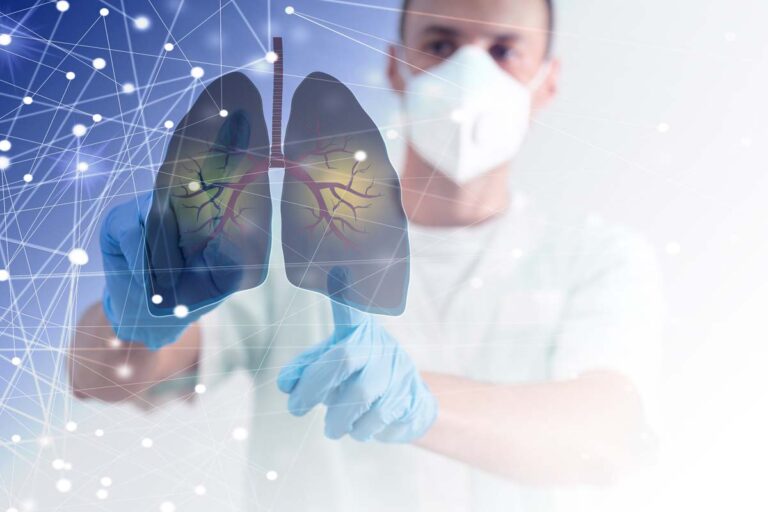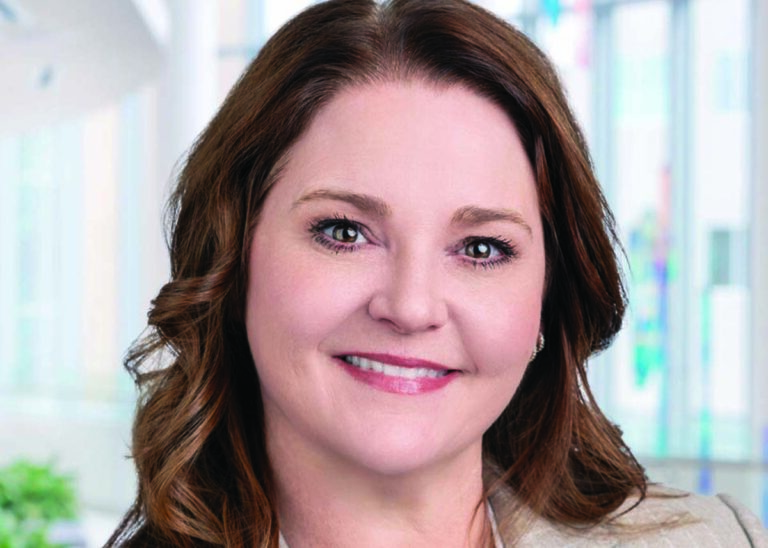Each month, Andrea Burch, President of InterMountain Lutheran Hospital, shares insights on healthcare innovation, community wellness initiatives, and behind-the-scenes updates on how the new hospital is taking shape. From medical breakthroughs to heartfelt patient stories, this interview connects our readers with the pulse of local healthcare.
How many K-9 units do you have at the hospital, why the changes, and what’s the end game?
We’re so excited to have our K-9 teams on site! We have three dogs, along with their handlers. They joined Lutheran in September to maintain a safe and healing environment for our patients, visitors and caregivers. The dogs and their handlers went through formal training for months before starting at the hospital. Unlike traditional police dogs, they are also trained to provide comfort and be social. The dogs and handlers patrol the building and grounds in an effort to prevent crimes and disruptions. They can assist in de-escalating potential harmful situations and prevent aggressive behavior towards caregivers. In life-threatening situations, the K-9s are trained to protect patients, visitors and caregivers by putting themselves between the threat and those in danger. Healthcare settings can be a stressful environment, and workers are increasingly experiencing acts of violence towards them. As a result, healthcare workers are at increased risk of experiencing verbal threats or physical attacks. Dogs provide a visual deterrent to these behaviors. The dogs are also approachable and can be a comforting distraction and are trained, especially in the Emergency Department. They’re also here to provide emotional support to caregivers and patients.
A risk assessment and significant evaluation was done to determine if the program was the right fit for Lutheran, which included potential concerns related to intimidation, barking, infection prevention, allergies, interaction with other dogs onsite, and the psychological safety of patients, visitors and caregivers. It was determined that having the K-9s is beneficial from a security perspective and poses no risks to anyone in the hospital. The dogs wear muzzles at all times. Since implementation in 2021 at our sister hospital, St. Mary’s in Grand Junction, they’ve seen a 50% reduction of workplace violence injury among caregivers and a 30% reduction in all workplace violence events.
What kind of help does Lutheran provide to employees who aren’t able to function as they’ve had and train them in a new role to keep them on board?
We strongly value our caregivers at Lutheran and never want to lose any of our talent. If a caregiver needs to change positions, we do everything in our power to support that move. We offer a plethora of resources to our caregivers so they can continue learning, growing and developing new skills while they’re with us. Career development is important not only for retention but also for growing our own talent from within. Intermountain offers Career Hub, which is an AI-powered tool that matches caregivers’ skills and interests with relevant roles, mentors and education. It helps identify top areas for growth, gives personalized advice and helps navigate career opportunities. We also have career navigation support where caregivers can get paired with a career coach. This is called Ask-A-Coach, and they can have up to six 30-minute conversations with their coach. We offer hundreds of leadership development courses, online Udemy courses, e-learnings and more available to every caregiver at no cost to them. In the chance that they’re not able to stay at Lutheran, we have a robust plan in place working with human resources and talent acquisition to try to find them a similar role at another Intermountain facility so they’re able to stay in our healthcare system.
Is the pharmacy a profit center for Intermountain or are you using it to attract more patients and can control pricing to help a certain percentage of your market?
As part of Intermountain Health, Lutheran Hospital and the pharmacy are nonprofit entities. We are fortunate to have an on-site, outpatient pharmacy to provide convenient access to patients who are leaving the hospital. Patients who can get their medications as they leave and who can visit with a pharmacist on any questions they may have are more likely to stick to their physician’s treatment plan. The outpatient pharmacy is primarily here to serve our patients and community, not drive profit, and the hospital doesn’t profit from our inpatient pharmacy.






